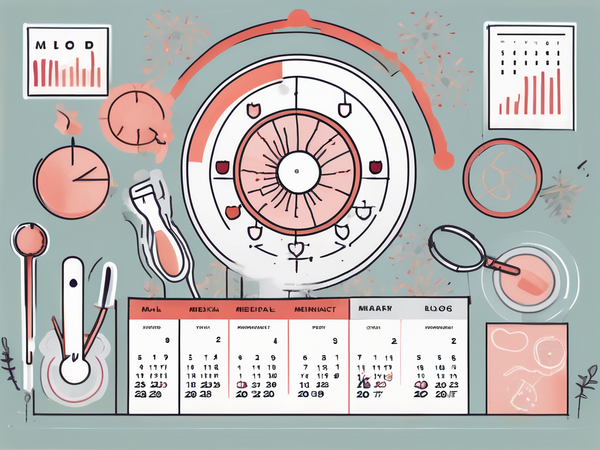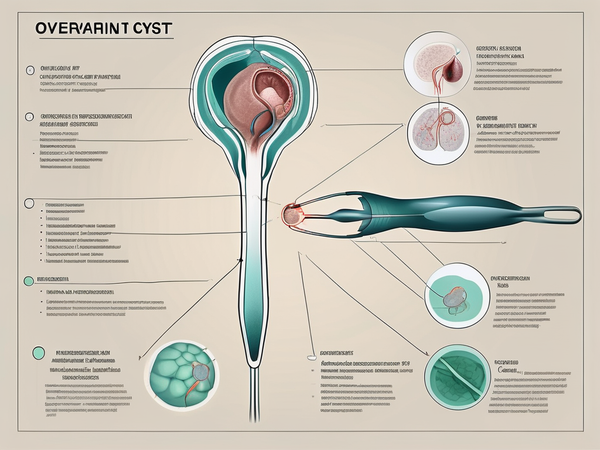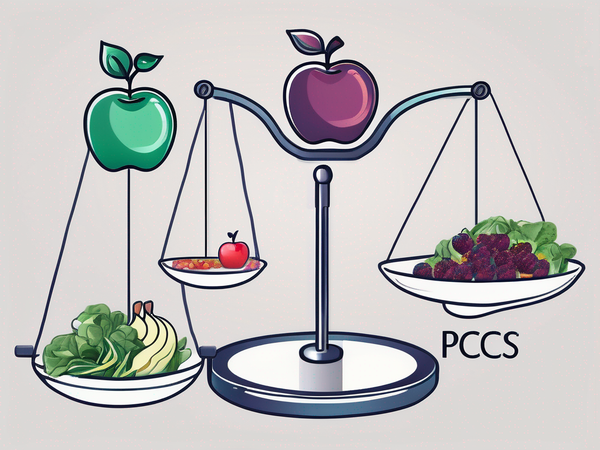Fiber is a carbohydrate that helps you stay full, manages your blood sugar levels, and helps keep things moving in the digestive tract. Every human being needs fiber in their diet along with other nutrients, however, growing children and pregnant women need it the most. Since their bodies are continuously undergoing rapid changes, there is a need for proper nutrients, including fibers, to keep things under control.
Fun fact! Even though dietary fiber is a type of carbohydrate, it doesn't contribute to your calorie intake. This means that if you want to lose weight without starving yourself, fiber is your best friend.
Let’s learn a few things about fiber before we dwell on its importance.
What is Fiber?
Do you know what happened to the carbs you ate this morning? They were broken down into smaller particles to form glucose, which then provided your body with the required energy. Fiber is a type of carbohydrate that is not digested by our body. Hence, it doesn’t contribute any glucose to your body.
There are two types of fibers: soluble and insoluble.
1. Soluble Fiber
Soluble fiber can dissolve in water and gastrointestinal fluids when it enters your stomach, where it then transforms into a gel-like substance. This keeps your sugar and cholesterol levels from rising. Some examples of soluble fiber include oatmeal, chia seeds, lentils, and blueberries.
2. Insoluble Fiber
Insoluble fiber, on the other hand, doesn’t dissolve in water, but it helps move food through the digestive tract and prevents constipation. It adds bulk to the stool and draws water to the colon, making stools soft. Some examples of insoluble fiber include brown rice, almonds, kale, pears, etc.
Daily Fiber Requirement for Growing Children & Pregnant Women
The ideal fiber intake for a growing kid (4–8 years) is around 25 grams per day.
The ideal fiber intake for pregnant women is around 28 grams per day.
Benefits of Fiber for Growing Children and Pregnant Women

By ensuring that you meet your daily fiber requirements, you can enjoy the following benefits:
1. Prevents constipation
Constipation is common among children as well as pregnant women. With kids, the consumption of excess processed food, dehydration, and changes in routine can all affect bowel movements. Meanwhile, with pregnant women, the additional pressure from the pregnancy on the rectum and intestines can interfere with digestion, leading to irregular bowel movements. Hormonal changes can also slow down the food being processed by the body.
The discomfort that comes with constipation is troublesome, and hence most of us resort to medicines to ease the passage of stools. Medicines always come with side effects, so a better strategy would be to change your dietary habits instead.
Adding more fiber to your diet helps soften the stool, which eases constipation. It is also able to relieve diarrhea by absorbing the excess water and making the stool bulkier.
2. Controls blood sugar levels
Some women develop diabetes for the first time during their pregnancy. The medical term for it is gestational diabetes, and it is very common. Approximately 4-5 pregnant women out of every 100 develop diabetes during their pregnancy. Fiber can help all would-be moms keep their sugar levels in check.
But how does fiber control sugar levels? Does it remove excess sugar? No.
The majority of the food you eat is metabolized into glucose. Fiber makes you feel full, so you eat less, which helps keep your blood sugar levels in check. Additionally, fiber cannot be broken down to produce glucose. Therefore, it doesn't raise your glucose level.
3. Keeps your weight in check
According to WHO, globally, there are 39 million children who are obese. Poor eating habits, a lack of physical activities, and mental stress are some reasons why obesity is so prevalent among children.
Weight gain is also common among pregnant women. That is because their calorie requirements increase, and the body starts storing fat to feed the baby. However, too much weight gain can cause complications.
For any person trying to reduce or manage their weight effectively, having a fiber supplement or eating fibrous foods is the first step. It helps improve metabolic rate, keeps you satiated, and doesn’t add calories.
4. Increases the diversity of gut microbiota
When you make fresh fruit juice, the part that goes into the bin is comparable to fiber. It passes through our bodies undigested. However, some studies show that gut bacteria can get nutritional value from the fiber byproduct, helping their growth inside your gut. A 2020 study found that foods rich in fiber had a beneficial impact on the gut microbiome. The gut bacteria convert fiber into short-chain fatty acids after fermentation, which in turn has multiple health benefits. In simple terms, the healthy bacteria in your gut feed on fiber, so the more fiber you eat, the more good bacteria you have!
How to Ensure Proper Fiber Intake?
1. With Diet
We already had a few names mentioned, but let’s add some more variety to your palate. Some of the common foods rich in fiber include beans, green peas, broccoli, avocados, whole grains, and apples. Whether you want to increase your kid’s fiber intake or you’re a mom-to-be looking for natural ways to improve digestion, here’s how you can incorporate the above-mentioned fiber-rich foods effectively into your daily diet.
Start your day with a high-fiber diet by picking cereals made with "whole grain," "bran," or "fiber" or opt for oatmeal.
For lunch and dinner, experiment with whole grains like brown rice, wild rice, barley, whole-wheat pasta, and bulgur wheat.
If you need a little snack, opt for something healthy like a legume-rich soup. You can also munch on fresh fruits, raw vegetables, nuts, and whole-grain crackers whenever those mid-day cravings set in.
2. With Supplements
If it’s difficult for you to source these ingredients or include them in your daily diet, you can resort to prebiotic fiber supplements. An advantage of plant-based fiber supplements is that the ingredients are precisely measured, so you get the exact amount of nutrients you need. Moreover, they are easier to consume on the go, so you cannot give any excuses for not getting your daily fiber. Look for supplements that have a rich blend of organic raw superfoods as they will nourish the gut bacteria, in turn, maintaining optimal bowel function.
Wrapping Up
Fiber is necessary for all humans, more so for growing kids and pregnant women. It keeps your sugar levels in check, reduces your weight, and keeps you satiated, thus helping you prevent diabetes, obesity, and digestive issues. Get friendly with fibers to see significant improvements in your daily life from day one.
References
https://health.clevelandclinic.org/figuring-dietary-fiber-child-need/

























